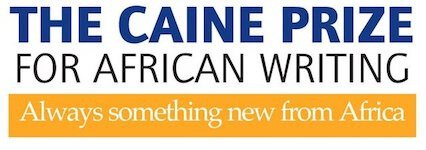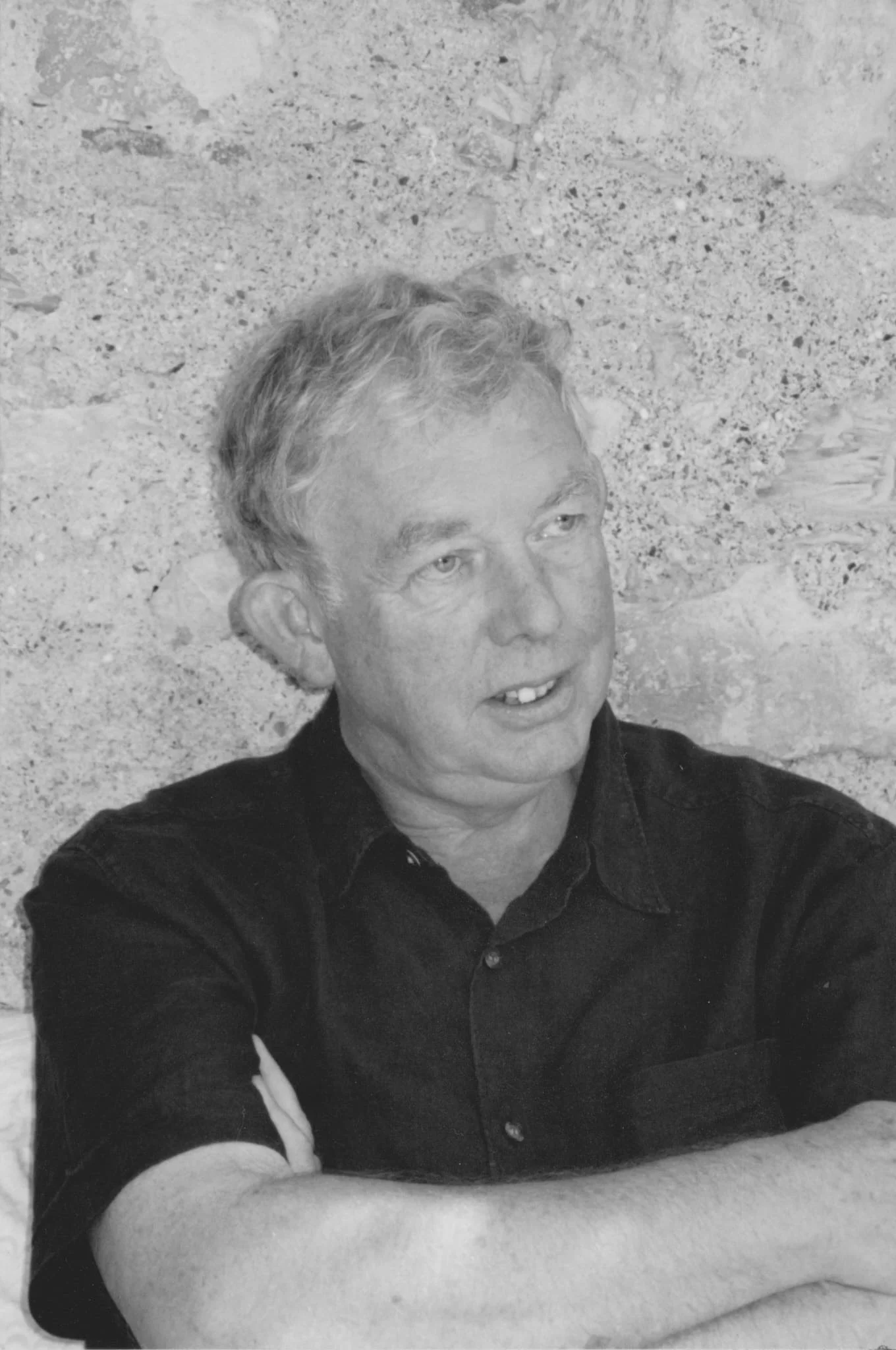Nick Elam, who died on 24th November 2024, was one of the co-founders and the first administrator of the Caine Prize. For years he was at the epi-centre of it all, remaining on the Council until 2021 after his retirement as administrator in 2011, yet in his Times obituary the Prize gets only a passing mention. That is not to diminish his work with Caine, but rather demonstrates what an extraordinary rich and varied life he led.
He was born in Somerset in in 1939, attended the RGS in Colchester where his father was headmaster, and read history at New College Oxford. He showcased his early love of the arts and culture and penchant for causing a stir by spending half the College’s annual budget on a piece by a then-unknown artist, Joe Tilson - described in his obituary as ‘a stalwart of the British pop art movement’.
After a year at Harvard he joined the British diplomatic service, with postings to South Africa, Bahrain, Belgium and Canada. In Cape Town he met and, in 1967, married Helen, a Dutch emigree who worked in the French Embassy. They had three children, Peter, Alex and Mike.
It was in South Africa and then Zimbabwe that his love of Africa and African arts and culture blossomed. He was posted to Zimbabwe just before independence in 1979 as the economic advisor to Lord Soames, and then acting and deputy High Commissioner. He loved his time in Zimbabwe, despite its challenges – or maybe because of them.
Recognising his unique flair for the arts, in 1987 the FCO appointed him head of the cultural relations department, concentrating on building links with the Soviet Union and other eastern bloc countries, a position he held for seven years until he was posted to Luxembourg as Ambassador.
In Luxembourg he requisitioned unused embassy space and converted it to studios and invited artists such as Julian Bond, the inaugural sculptor, and Edmund de Waal (who created 60 pots there) to take up residencies. As de Waal said, ‘It's sometimes good to be part of another world’ - joining the ambassador and his guests was one of the unusual aspects of this experience. Part of the deal was to promote British arts to visiting dignitaries such as PD James, Denis Lasdun and Douglas Hurd; Elam was fond of taking them for post-prandial tours of his creative space. The Luxembourg government was so impressed they co-funded the venture, which was supplemented by artists’ sales from their output and local sponsorship. A win-win for all involved.
In addition to his pivotal role in the founding of the Caine Prize, in his retirement he was also a director of Dance Umbrella and chair of the Henry Oguike dance company.
I first met Nick when I was appointed to the Caine Prize Council in 2011, the same year I served as a judge with a most illustrious panel chaired by Hisham Matar, comprising Ellah Wakatama-Allfrey, Aminatta Forna, and David Gewanter. Meetings always finished with sandwiches and wine – for Nick was a bon viveur who enjoyed the good things in life, and it helped provide an informal space for the council to get to know each other.
He revelled in the Caine Prize Award Ceremonies especially when they were held at his alma mater, in the Bodleian library. He was a great socialiser and made a point of getting to know all the attendees – ranging from the writers to the VIP guests. It was largely thanks to his networks that Caine enjoyed steady funding and sponsorship during his stewardship.
He was also extremely kind; when our daughter died unexpectedly the very year, I was on the judging panel he showed great compassion and understanding. He was a devoted father and family man; we saw that side of him as we got to know one of his sons Peter who, in a twist of fate, was my husband’s boss in Switzerland.
Sir Ben Okri, Caine’s founding Vice -President, perfectly encapsulates Nick Elam’s maverick qualities – which is what set him apart from many of his contempories - and recognises his contribution to the Caine and African literature: it was a combination of ‘diplomatic skills, joie de vivre, appetite for life and storytelling’. He will be much missed and fondly remembered by us all and, on behalf of the Caine Prize, we send our condolences to Helen, Peter, Mike and Alex and their families.
Vicky Unwin, London, January 2025


